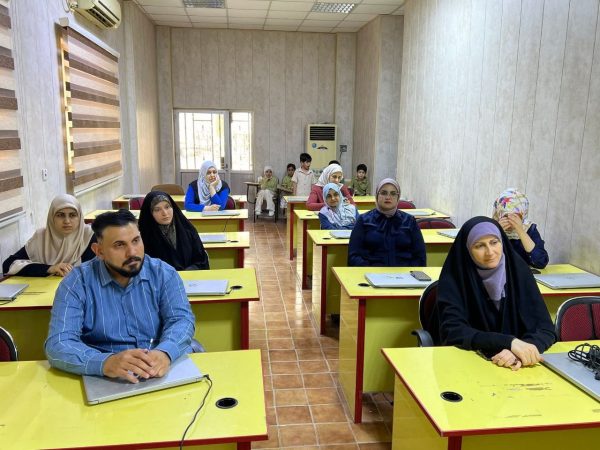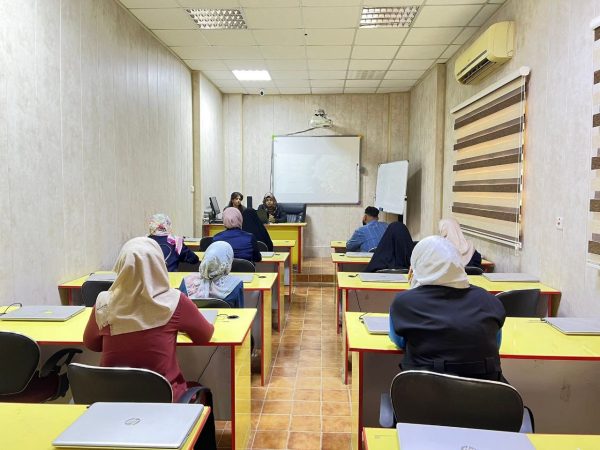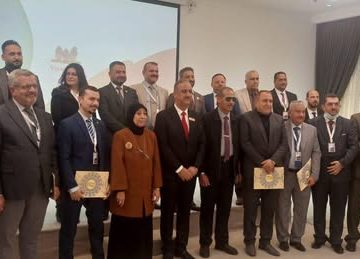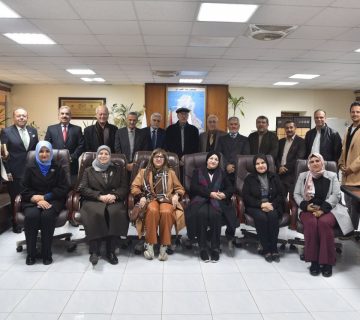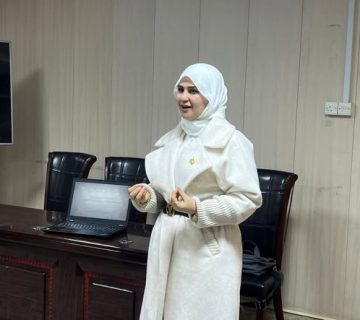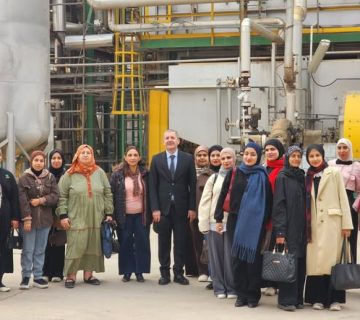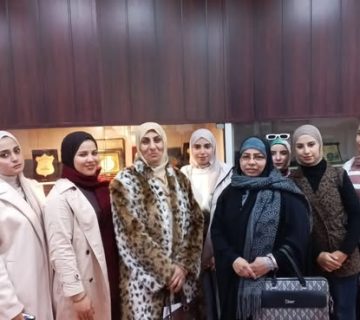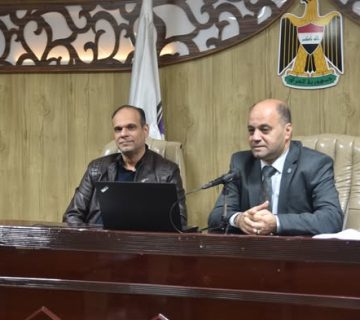Under the patronage of the Dean of the College of Science for Women, Professor Dr. Sameera Naji Khdim, the Continuing Education Unit organized a workshop entitled “Monkeypox: Modes of Transmission and Prevention.” The session was presented by Ms. Huda Imad Al-Din Jameel, Ms. Fatima Ahmed Shihab, and Ms. Sama Mohammed Ezzat.The workshop aimed to enhance public awareness of emerging diseases and provide participants with accurate information about their causes and methods of control. It included a historical overview of monkeypox and clarified the differences between it and traditional smallpox in terms of causative agents, symptoms, and modes of transmission.The lecturers explained that monkeypox is a rare viral disease transmitted from animals to humans. It was first recorded in Africa, but recent years have seen increasing cases in countries outside the continent due to international travel and direct contact without precautionary measures. The workshop offered a detailed explanation of the disease’s transmission routes, including direct contact with bodily fluids or skin lesions of infected individuals, handling contaminated objects, and the possibility of respiratory droplet transmission in cases of close contact.The workshop emphasized the importance of public awareness in preventing the spread of the disease. Preventive measures highlighted included avoiding direct contact with infected individuals or animals suspected to be carriers, maintaining personal hygiene, wearing protective gear in high-risk environments, and promptly reporting suspected cases to the relevant health authorities.Additionally, the workshop reviewed global efforts to monitor and contain the disease, including awareness campaigns, vaccination programs in some countries, and adherence to health guidelines. It stressed the importance of avoiding misinformation and rumors circulating on social media platforms.This workshop aligns with the third goal of the United Nations Sustainable Development Goals (SDGs), which aims to “ensure healthy lives and promote well-being for all at all ages.”
